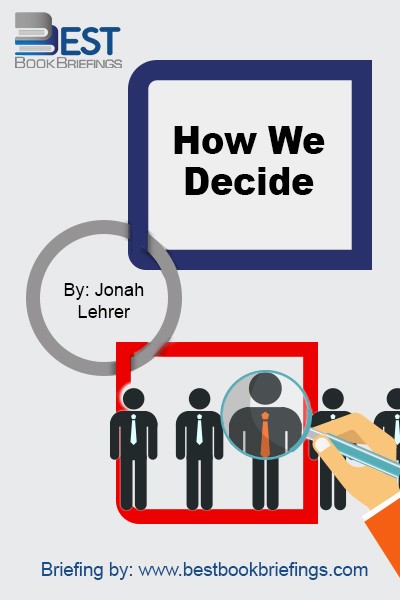How We Decide
Number of pages: 256
Publisher: Houghton Mifflin Company
BBB Library: Psychology and Strengths
ISBN: 9780618620111
Editorial Review
Whenever someone makes a decision and tries to be reasonable and restrained, the brain is awash in feelings, driven by its inexplicable passions. These emotions secretly influence our judgment. Naturally, these feelings sometimes can lead us astray and cause us to make all sorts of predictable mistakes. To make good decisions, God endows us with a brain that is enthusiastically pluralist. Sometimes, we need to reason through our options and carefully analyze the possibilities. And sometimes we need to listen to our emotions. We always need to be thinking about how we think.
Book Reviews
Books on Related Topics
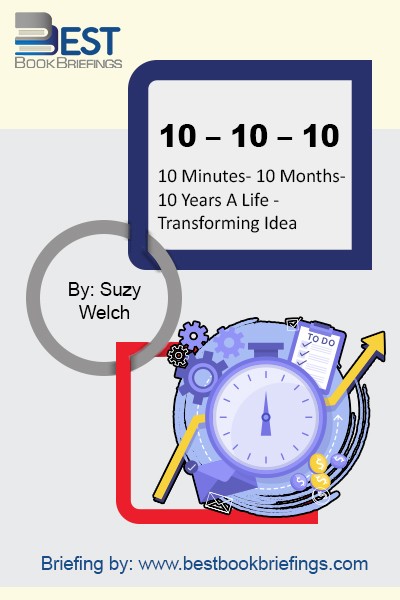
Simply put, 10 – 10 – 10 is a new approach to making choices that will allow you to create a life of your own making. It’s about a steady discipline that can help us replace chaos with consistency, confusion with clarity, and perhaps best of all, guilt with no-guilt. More
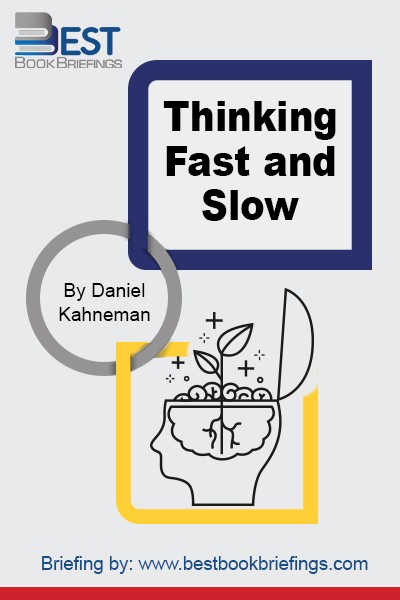
Engaging the reader in a lively conversation about how we think, Kahneman reveals where we can and cannot trust our intuitions and how we can tap into the benefits of slow thinking. He offers practical and enlightening insights into how choices are made in both our business and our personal lives-and
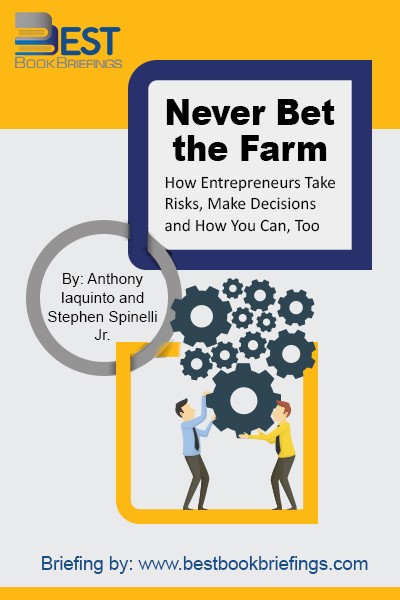
The attitude one has towards their business and towards their success or failure is a key component to lead a happy entrepreneurship and successful life. Entering an entrepreneurship can be and is a scary road trip for most, and never did it guarantee instant success. But those who come out strong
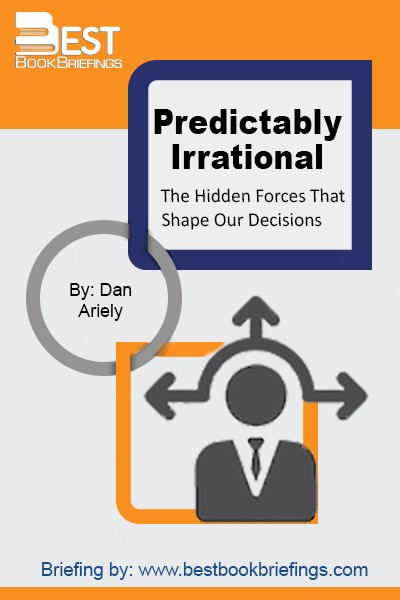
Let us talk about human “irrationality”, about our distance from perfection. I believe that recognizing where we depart from the ideal is an important part of the quest to truly understanding ourselves, and one that promises many practical benefits. Understanding irrationality is important for our everyday actions and decisions and for
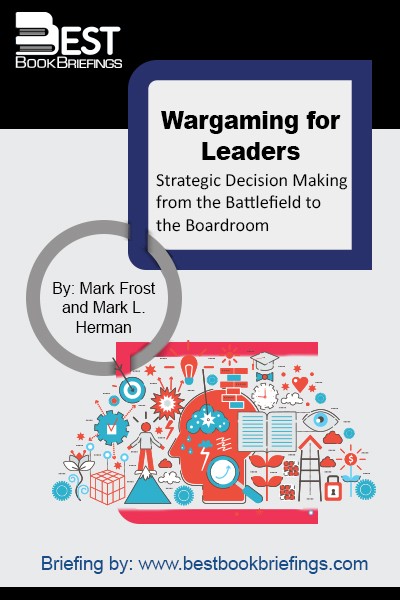
If you had the opportunity to probe the future, make strategic choices, and view their consequences before making expensive and irretrievable decisions, wouldn't you take advantage of it? Of course you would. And in a world of asymmetrical conflict, security threats, intense global competition, and economic uncertainty, there is an even
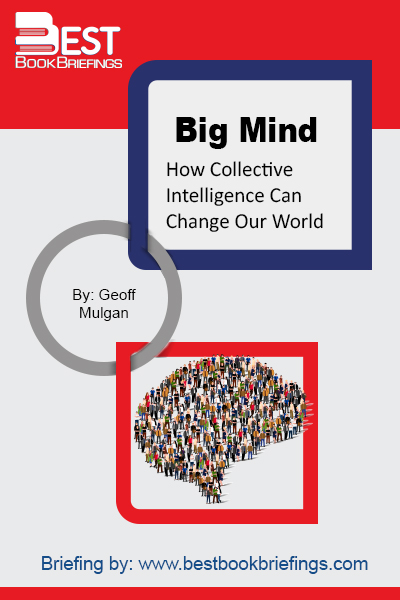
Collective intelligence is the capacity of groups to make good decisions—to choose what to do, and who to do it with—through both human and machine capabilities. The ways intelligence is organized are fractal in nature with similar patterns occurring on multiple scales, from groups of friends to organizations and whole societies. Understanding
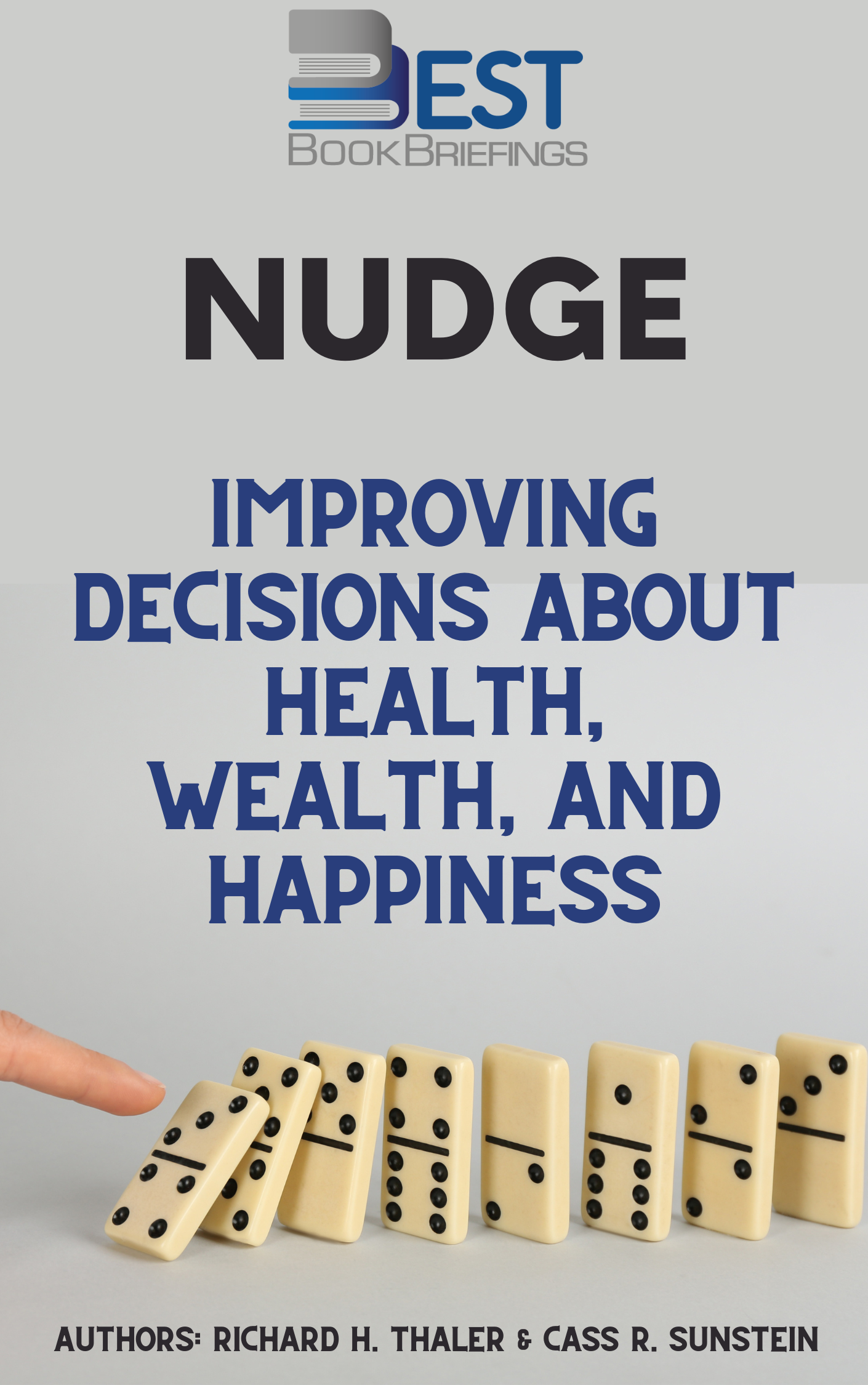
Nudge is about choices—how we make them and how we're led to make better ones. Authors Richard H. Thaler and Cass R. Sunstein offer a new perspective on how to prevent the countless bad mistakes we make in our lives—including ill-advised personal investments, consumption of unhealthy foods, neglect of our natural
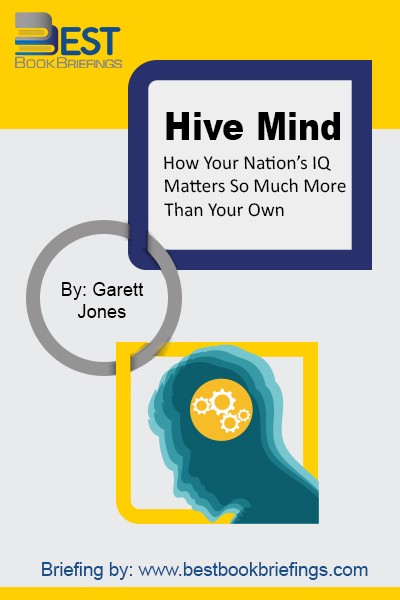
Animal researchers, computer scientists, and occasionally social scientists sometimes use the metaphor of “collective intelligence” or a “hive mind” to explain group actions. Indeed, human society in every nation today is a form of collective intelligence, in which the accumulated knowledge of the past makes its members richer today, and in
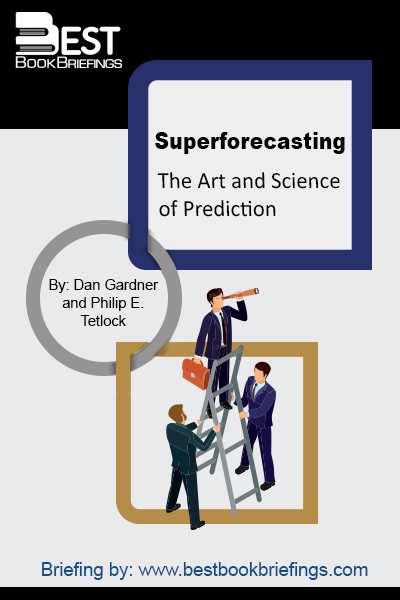
Philip E. Tetlock and his research and life partner Barbara Mellers launched the Good Judgment Project and invited volunteers to sign up and forecast the future. Big as it was, the Good Judgment Project (GJP) was only part of a much larger research effort sponsored by the Intelligence Advanced Research Projects
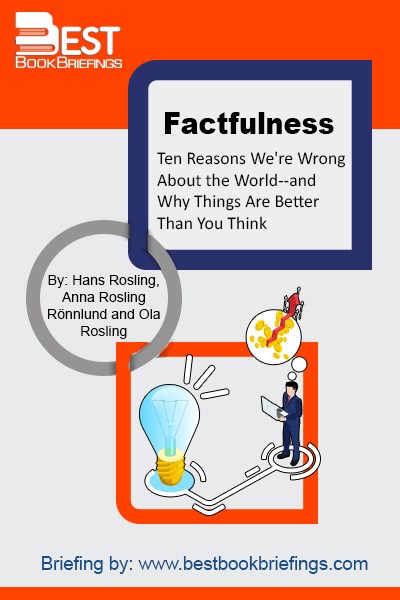
In Factfulness, Professor of International Health and global TED phenomenon Hans Rosling, together with his two long-time collaborators, Anna and Ola, offers a radical new explanation of why this happens. They reveal the ten instincts that distort our perspective-from our tendency to divide the world into two camps (usually some version

